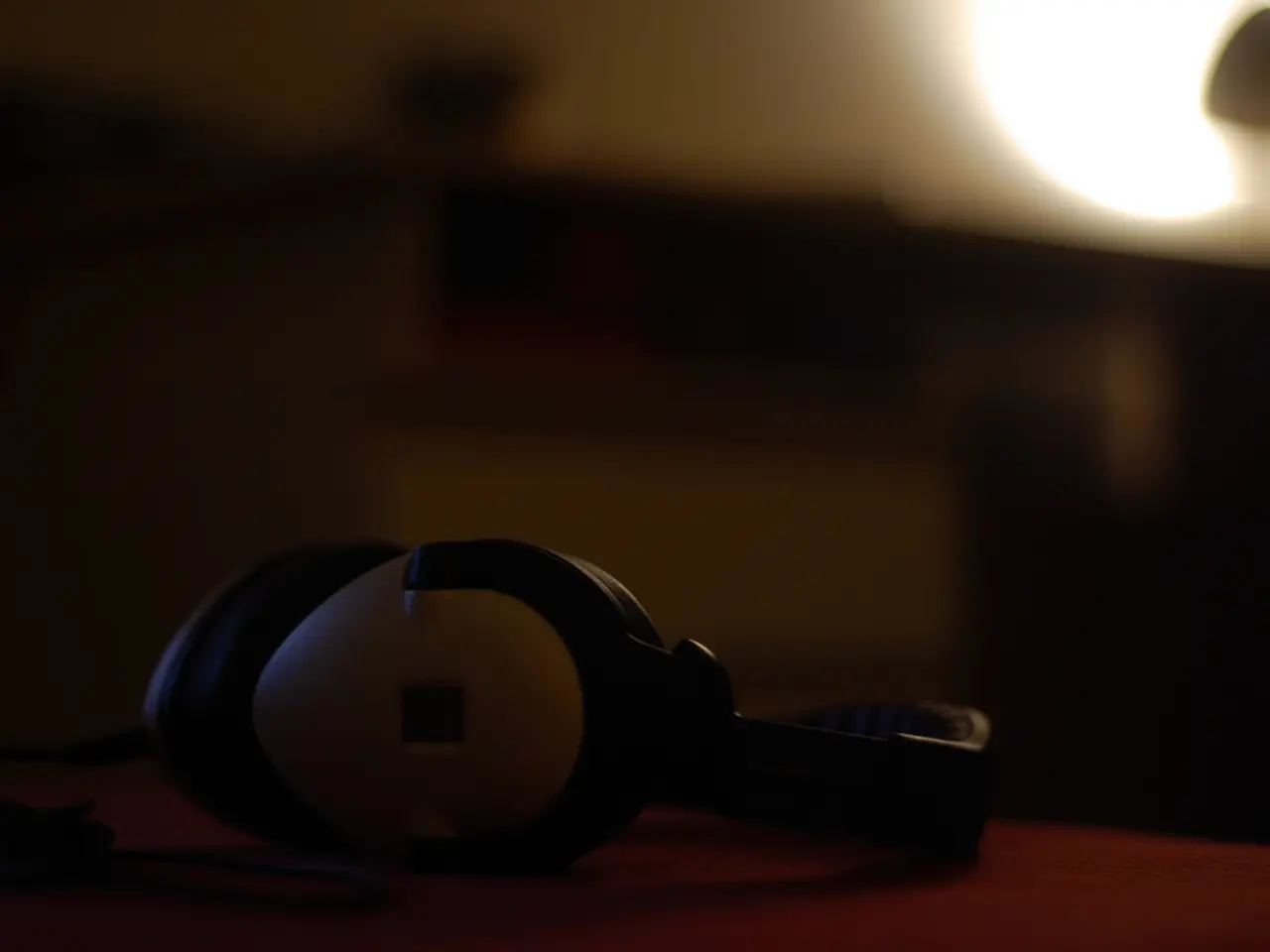Comprehensive Tutorial for Resolving Audio Issues on Your Device
Audio glitches on your Android phone can be a frustrating experience, but there are several steps you can take to resolve the issue. This article will guide you through common causes, troubleshooting methods, and solutions for audio glitches on Android devices.
Common Causes of Audio Glitches
Hardware Issues
- Dirty or clogged speakers and headphone ports can reduce sound clarity and cause muffled or distorted audio outputs. Dust or lint buildup is common and can block sound transmission.
- Faulty or low-quality USB or audio cables can cause intermittent audio dropouts, especially when using wired headphones or Android Auto connections. Damaged ports or connectors can also disrupt stable audio signals.
- Internal speaker or hardware faults such as damaged speaker components or loose internal connections can produce persistent audio glitches, though they are less common.
Software Issues
- Background processes or power management settings that aggressively limit audio-related app activity to save battery life can lead to audio interruptions or glitches.
- Outdated or buggy Android OS or app software, including audio drivers, music/VoIP apps, or Android Auto interfaces, can cause compatibility problems and audio distortion.
- Network instability or insufficient bandwidth affecting VoIP/audio streaming quality can cause jitter, packet loss, or choppy audio during calls or streaming.
- Improper audio settings, such as incorrect equalizer settings or audio output configurations, can distort the intended sound output.
Troubleshooting Steps
- Clean the hardware: Use a soft brush or compressed air to carefully clean speaker grills, headphone jacks, and USB ports to remove dust and debris.
- Check and replace cables/accessories: Inspect USB and headphone cables for damage; replace with certified, high-quality cables to ensure stable audio/data transfer. Verify that headphone connectors and ports are free of damage or corrosion.
- Update software: Ensure the Android OS, audio apps, and related services are updated to the latest versions to benefit from bug fixes and compatibility improvements. Restart the phone after updates.
- Optimize power management: Disable battery optimization for audio and communication apps to prevent them from being throttled or suspended in the background.
- Adjust audio settings: Use built-in or app-based equalizers to balance sound frequencies for better audio clarity and to help alleviate distortions caused by software settings.
- Improve network conditions (for VoIP and streaming audio): Use stable Wi-Fi instead of mobile data, avoid switching networks mid-call, and reduce competing background network activity to minimize jitter and packet loss.
- Test hardware functionality: Try connecting headphones or Bluetooth audio devices to isolate if the internal speakers or specific hardware components are faulty. Use diagnostic or test apps if available.
If glitches persist after these steps, hardware faults such as faulty speakers or internal connectors may require professional repair or replacement.
Additional Tips
- Limit background apps to prevent performance issues, including audio glitches.
- Audio glitches can occur during phone calls, while streaming music, or when playing games.
- To check for software updates, navigate to the settings menu on your phone, and look for options like System, About Phone, or Software Updates.
By following these troubleshooting methods, you can effectively address both hardware and software origins commonly responsible for audio disruptions on Android phones. If you're not comfortable performing these steps, consider seeking professional assistance from authorized service centers.
Data-and-cloud-computing technologies can help enhance the sound quality of audio output on Android devices. For instance, advanced audio algorithms could analyze audio signals in real-time, correcting distortions caused by clogged speakers or faulty cables.
Moreover, data-and-cloud-computing services can provide backup storage for audio files, reducing the strain on Android's internal memory and potential causes of audio glitches due to limited storage space.




